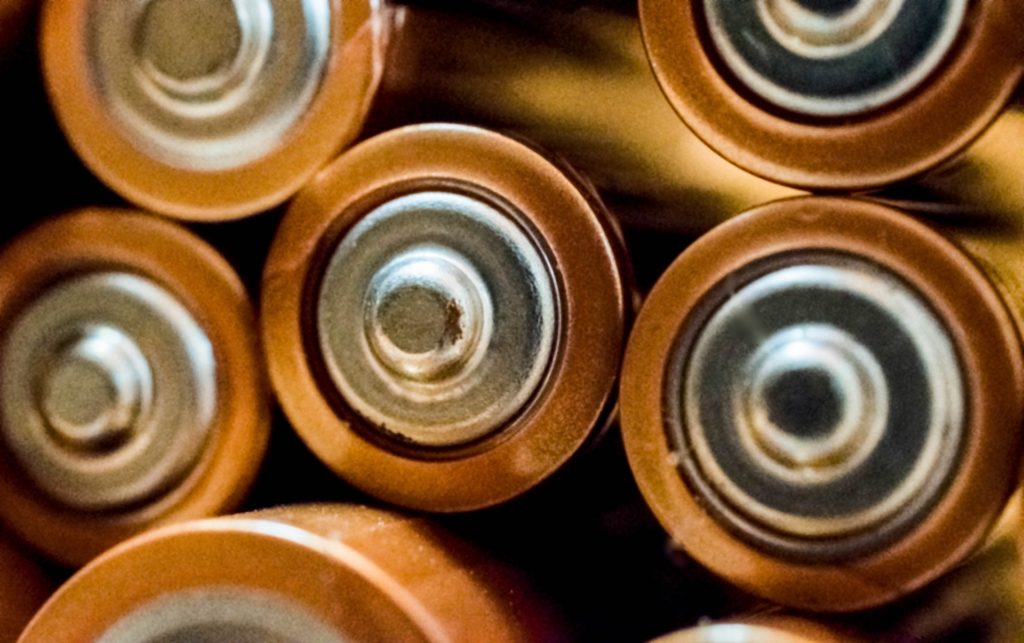Battery watering is primarily adding water to a battery to dilute the lead-acid, and prevent premature battery failure. It would be best if you watered your battery after it is fully charged because the battery water is high at this point, and should be added until it is full. When you add water to your battery when it is not fully charged, it may lead to many complications.
First, the acid may boil over during charging, because the electrolytes usually rise when they are charged. As such, you should use deionized water for battery watering and not tap water because it contains minerals that should not combine with the acid. Tap water may cause damage to the battery water systems, and also make the battery start malfunctioning. You should also ensure that the water is on the correct pressure to ensure that all the valves are being appropriately used to prevent overfilling or underfilling of cells.
Importance of Battery Watering
A battery is a susceptible electrical device that should be appropriately maintained. Watering the battery is essential to optimizing its performance. The following are the primary importance of battery watering.
Extends Battery Life
When you water your battery adequately, following all the right procedures, it incredibly increases its life. The average lifespan of a battery is about five to six years, but if it is not adequately watered, its lifespan could go lower than that. However, when the battery is appropriately maintained, its lifespan will increase.
Capacity
Most batteries discharge between 30-50% of their total capacity. Generally, the battery capacity is the total number of amps a battery can hold when fully charged. A battery can also discharge even when it is not being used, at a rate of 5% per week. However, when you water your battery correctly with deionized water, it may improve your battery capacity, and it will also discharge at a slower rate.
Saves on Replacement Costs
When you adequately water your battery, it will dilute lead-acid, leading to higher performance, and reduce the risk of premature battery failure. It saves you the unnecessary costs of replacing the car battery due to failure. Moreover, when the lead-acid is diluted, it becomes more dynamic and gives you adequate service. While adding water to the lead-acid saves on replacement costs, it can also lead to damages if not added at the right time. You should always ensure that you add the water when the battery is fully charged and not before. The electrolytes may rise and make the acid spillover, causing damage to the battery, which may require a replacement.
Increases Efficiency
Deionized water rejuvenates the lead-acid, and makes it run at peak levels. When you forget to water your battery, the lead may end up malfunctioning, which would make the battery break down. Therefore, you need to water the battery adequately if you want to increase its efficiency. However, you have to ensure that you use the correct amount of water. For instance, when you over-water, it will make the electrolytes overflow when the battery is being recharged. It is because they are being expelled from the battery plated by the excess water. Primarily, this results in a dilute electrolyte, which significantly reduces the battery capacity. It also damages the floor of the battery and all the pieces of equipment exposed to the overflowing electrolyte. It may end up costing you money because the battery will require acid adjustments by a professional.
Additionally, under-watering the battery also makes the electrolytes not to be kept at their optimum levels. It makes some portions of the battery plate not to be adequately used. Moreover, your battery will overheat and produce more gases violently when you are charging it resulting in damage of the exposed plate portions.
Watering your car battery is essential for a battery to function adequately. However, you should do the watering process properly, following all the necessary measures to prevent damage to your battery.



